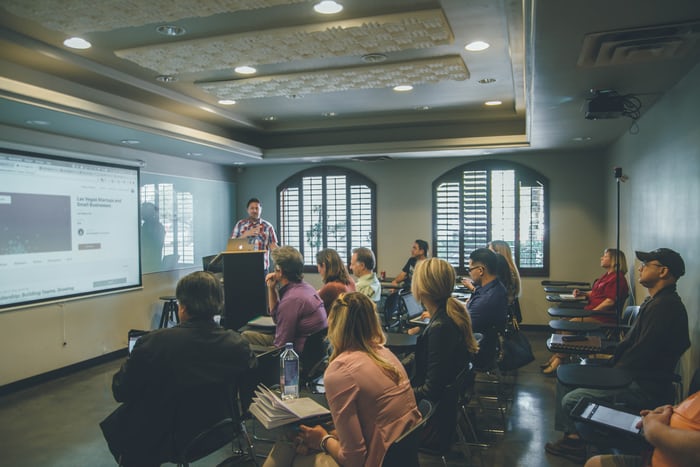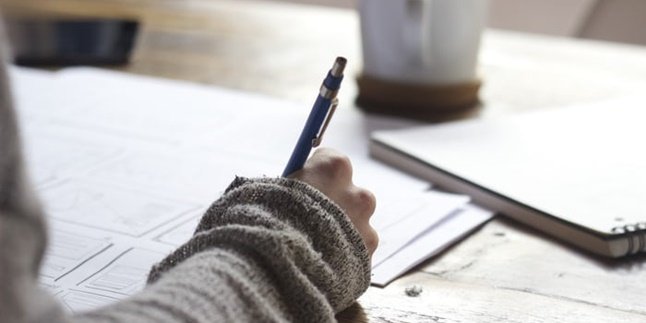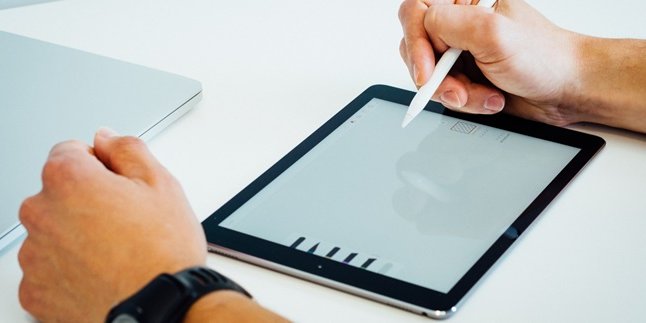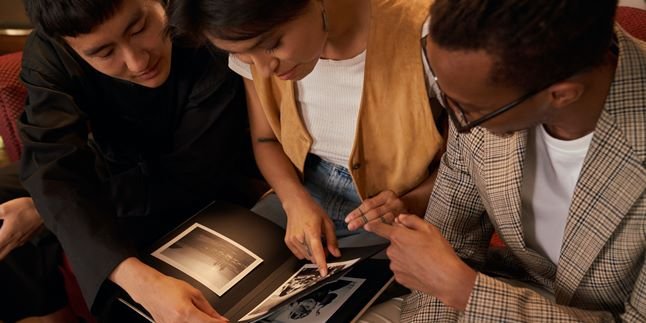Kapanlagi.com - Literacy is a term that we often hear. Literacy is often a topic of discussion in newspapers and forums. In general, literacy is often associated with the ability to read and understand texts. So, what is the meaning of literacy?
In short, literacy is a term that encompasses an individual's ability to read, write, speak, calculate, and solve problems. Yes, literacy is not just about reading skills. Literacy has a wider and more complex scope. That is why it is important for everyone to understand the meaning of literacy.
Although it has been widely discussed, the fact is that there are still people who do not understand the true meaning of literacy. Even worse, there are some who may still think that literacy is not important. To understand more deeply about what literacy is, let's take a look at the following review that has been summarized by kapanlagi.com from various sources.
1. Meaning of Literacy

(credit: unsplash)
Etymologically or based on the origin of the word, literacy comes from the Latin term literatus which means 'a person who learns'. However, in English, according to the Merriam-Webster online dictionary, the meaning of literacy is the ability or quality to understand characters, including the ability to read, write, recognize, and understand ideas visually.
The word literacy has also been absorbed into the Indonesian language, so the meaning of literacy can now be found in the Great Dictionary of the Indonesian Language (KBBI). According to KBBI, the meaning of literacy is the ability to write and read. Literacy is also defined as knowledge or skills in a specific field. In addition, the meaning of literacy in KBBI also includes an individual's ability to process information and knowledge for life skills.
Literacy has now become a common topic in various parts of the world. UNESCO, as an organization under the UN that deals with education, also provides the definition of literacy. According to UNESCO, the meaning of literacy includes practical skills, especially reading and writing, regardless of the context in which the skills are acquired and who acquires them.
2. The Function of Literacy

(credit: unsplash)
Based on the explanation of the meaning of literacy above, we certainly agree that literacy is very important. As a complex and fundamental skill, literacy has a huge impact on someone's life. The importance of literacy can also be seen from the functions of literacy itself. Here are several functions of literacy.
- Literacy helps in the process of developing a person's character.
- Literacy helps improve the quality of education in schools or the wider community.
- Literacy becomes a skill that supports efforts to increase knowledge.
- Literacy becomes a useful skill to enhance understanding.
- Literacy helps strengthen values of effectiveness, including in utilizing time and opportunities.
3. Types of Literacy Sources

(credit: unsplash)
Besides its meaning and function, understanding what literacy is will not be complete without knowing its types. Yes, it turns out that there are many things that can be sources of literacy. As mentioned earlier, literacy includes the ability to read and write. So, as we know, there are many things that can be sources of reading and writing information.
According to liputan6.com, here are the types of literacy.
1. Basic Literacy
Basic literacy includes basic abilities in reading, writing, counting, and listening. As the name suggests, this literacy ability becomes the foundation or basis for someone to learn and communicate to develop their skills.
2. Library Literacy
Library literacy involves both fiction and non-fiction writing, involving indexes and catalogs. Library literacy includes the ability to understand, distinguish written works, and know how to use indexes and catalogs.
3. Media Literacy
Media literacy includes the ability for someone to understand and comprehend various forms of media and their operations. Media here is not limited to print or electronic media.
4. Technology Literacy
Technology literacy is literacy related to technology. Technology literacy is the ability to use the internet, understand hardware and software, and understand the ethics of technology use.
5. Visual Literacy
Visual literacy includes a person's ability to interpret and understand information visually. Visual literacy is formed from understanding an image or text.
4. How to Improve Literacy

(credit: unsplash)
After understanding the meaning of literacy as a very important skill, there will certainly be a desire to improve it. There are several ways that can be done to improve literacy. These ways are actually quite easy, as long as they are done consistently. Here are some ways to improve literacy.
1. Increasing Reading Interest
Reading is one of the foundations of literacy activities. Reading will encourage the creation of connections and deep thinking skills. By reading, someone can also absorb ideas contained in the text. So, it's no wonder that reading is the first step in improving literacy.
2. Engaging in Discussions
In addition to reading, discussions are also important activities in literacy. Actively participating in discussions will help someone think more critically. Discussions will also help improve someone's ability to build arguments and think systematically.
3. Utilizing Existing Supporting Facilities
As mentioned earlier, there are many things that can now be used as sources of literacy. Facilities such as media and libraries should be maximized in efforts to improve literacy skills.
Those are some explanations about the meaning of literacy, its functions, and types. Hopefully, it is useful and can increase knowledge!
(kpl/gen/psp)
Disclaimer: This translation from Bahasa Indonesia to English has been generated by Artificial Intelligence.
















